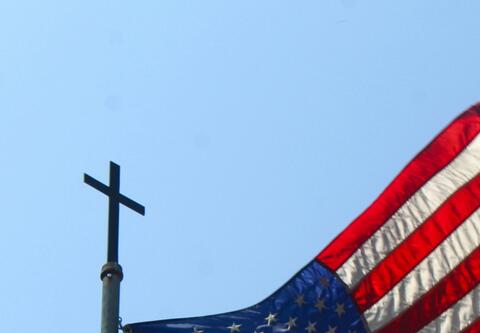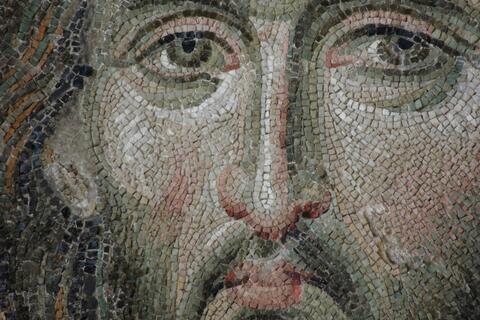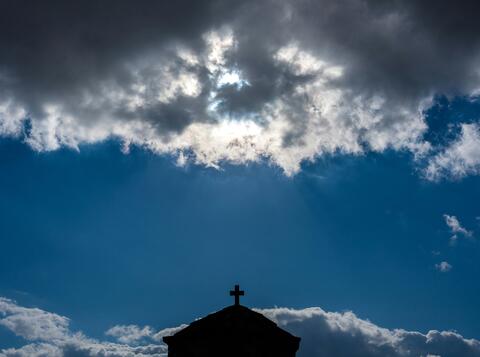
Spring 2025 | Is Christianity Losing its Religion?
Is American Christianity losing its salt and light? Warning signs are flashing left and right: a public spirit of cruelty, an out-of-touch institutional ethos, the great harm of clergy abuses. Reflections invited YDS-related scholars and ministers to speak to the moment and declare their own reasons for Christian faith. The stakes are high. These writers make contemporary sense of Jesus’ message, finding moral clarity and fire, rejecting disillusion or nostalgia. As they discover, the faith is always rising again. “God’s love has the first and the final word,” writes Shannon Craigo-Snell ‘95 M.Div., ‘02 Ph.D., “and we are invited to be part of it in our time and place.”
Cover image by Cody Otto/Unsplash
Reflections
From the Dean's Desk
In February 1991, the alternative rock band R.E.M. released the song “Losing My Religion.” The song was a major hit in both its recorded form and in its video version—by now the video has more than a billion views on YouTube. The song is about unrequited love with a refrain that still rings in my ears:
Contents
Reflections is a publication of Yale Divinity School















